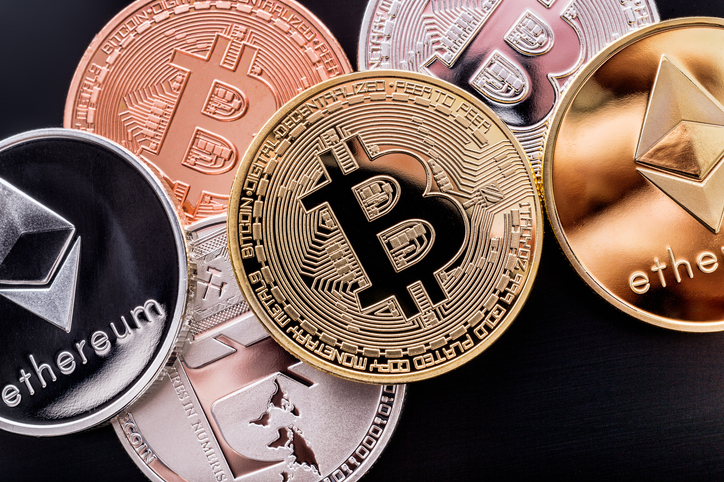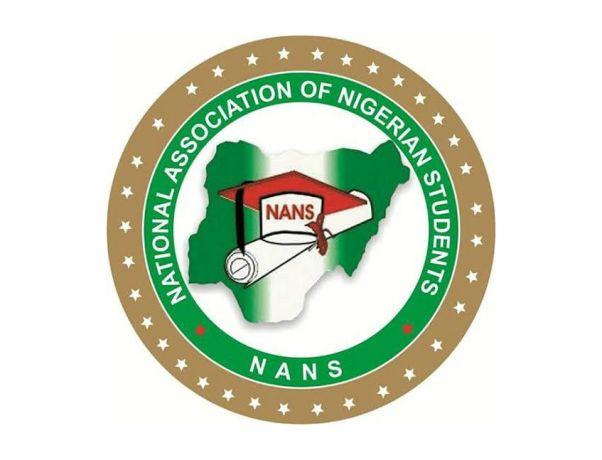By Joel Popoola
As Nigeria’s latest anti-corruption chief, Abdulrasheed Bawa has his work cut out.
I mean, how are the people of Nigeria supposed to trust the ruling class when the man he succeeded as head of the Economic and Financial Crimes Commission has himself been accused of pocketing the agency’s funds?
But the Nigerian government’s decision to ban bitcoin this week is likely to make greater public trust in our political system even more elusive.
Last October, the National Information Technology Development Agency published its draft National Blockchain Adoption Strategy. The strategy made a strong case for greater national adoption of blockchain technology – think of it as a secure digital ledger of transactions, often using digital money known as cryptocurrency or bitcoin, stating that the technology has the: “Potential to become a transformative force in multiple aspects of government and private sector operations. Its potential has been recognized globally, with a variety of international organisations and technology companies highlighting the benefits of its application in reducing costs of operation and compliance, as well as in improving the efficiency and security of business processes”.
This is certainly a view shared by many Nigerians overseas, who are increasingly turning to bitcoin to send money home to their families safely and swiftly, while avoiding fees and foreign exchange costs, and by Nigerians at home who see it as a safer way to save than a Naira which has been devalued twice in the past twelve months.
On February 5 however, in another classically Nigerian example of joined-up government, the Central Bank announced a ban on the exchange of cryptocurrency by financial institutions and ordered banks to close accounts trading in it.
The government has repeatedly, and often successfully, committed Nigeria to the development of our digital economy, which will be critical in replacing oil with the talent and ingenuity of our young people as Nigeria’s most important natural resource.
At a stroke, this decision threatens to undermine so much of that progress.
How does this look to our emerging digital sector – made up of the hi-tech businesses the government expects to be at the forefront of our national economic development. Business leaders in this critical economic will now be questioning whether or not the government understands their companies and their needs.
But the decision will have even more of a negative impact on public trust – in particular the trust of those same young people.
CBN explained the decision by emphasizing the need to protect Nigerians from losing their savings and to prevent cryptocurrencies being used for criminal activities.
This is important – but many Nigerians will see the decision as yet more evidence of what they see as an elderly and out-of-touch elite attempting to stifle innovation and progress they have no interest in understanding and propping up a past which no longer works.
Others will be enraged at the government arbitrarily taking away the source of their livelihoods at a time when young Nigerians are already facing an unemployment rate over 30%
Others will perceive a link between the decision and the use cryptocurrencies by some of the #EndSARS protesters when the government froze their bank accounts.
As always, the evidence for these feelings is all too easy to find online, where the lack of public or even industry consultation led immediately to the #WeWantOurCryptoBack campaign. And online is where leaders need to engage the most if they want to tackle this problem.
There are plenty of understandable reasons for the spontaneous banning of bitcoin – but our leaders have made next to no effort to explain them.
And when so many Nigerians already have such little trust in their political leaders and institutions, it is little wonder that every action being taken is seen as being motivated by the very worst of intentions.
Better public and economic stakeholder consultation by government is critical for the government to build trust, and to drive forward the digital agenda.
At the digital democracy campaign I lead, we have developed a platform to enable this; a free mobile app called Rate Your Leader.
Rate Your Leader allows electors and elected to communicate person-to-person at the touch of a button.
Direct answers to direct questions are the best way to build relationships and trust – even if you don’t agree with a decision you will respect the position the person making it is in and appreciate their commitment to communicating that decision. There is nothing to lose to simply, transparently setting out a course of action you intend to take, and the reasons for it – and everything to gain, not least in the collaborative potential of involving others in that decision to ensure it is designed in the most effective way.
I cannot emphasise enough that 72 per cent of Nigerians believe the statement “most politicians are corrupt” describes our country well – and six-in-ten say it describes Nigeria “very well.”
Our nation cannot fulfil its vast potential until we address this, and digital technology gives us the means.
Which is why the government needs to embrace it – not ban it.
Joel Popoola is a Nigerian tech entrepreneur, digital democracy campaigner and is creator of the Rate Your Leader app. Follow Joel on Twitter @JOPopoola

 Boss Picks4 days ago
Boss Picks4 days ago
 Opinion5 days ago
Opinion5 days ago
 Events4 days ago
Events4 days ago
 Opinion4 days ago
Opinion4 days ago
 Adding Value5 days ago
Adding Value5 days ago
 Featured5 days ago
Featured5 days ago
 News5 days ago
News5 days ago
 Headline3 days ago
Headline3 days ago














